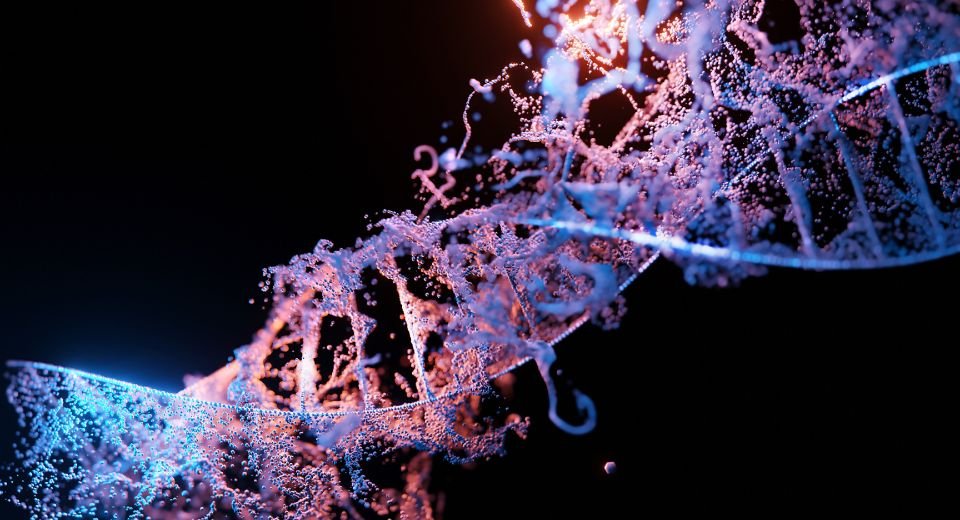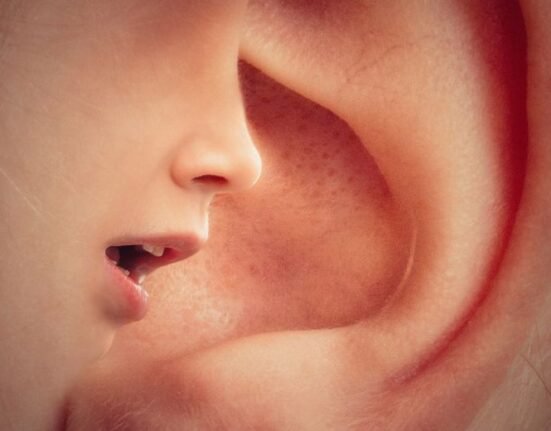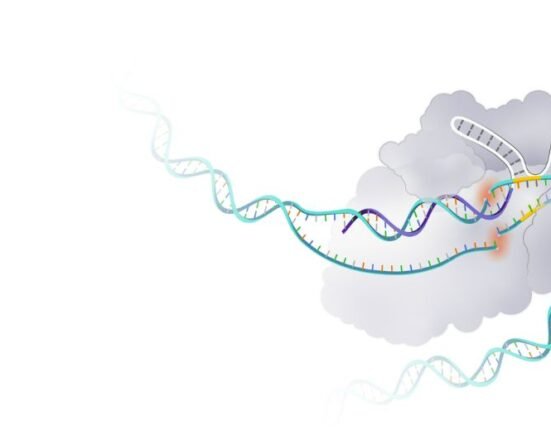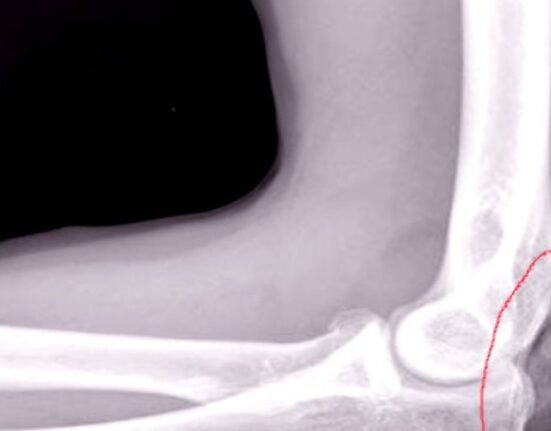By K. Leelamoni
December 19, 2023: Recent reports about the FDA’s approval of gene therapy to treat Sickle Cell Anemia mark a major advancement in the field of genetic disorders. This development will undoubtedly transform the lives of SCD patients, relieving them of pain and the life-threatening nature of the illness that persists throughout their lives.
SCD is a neglected chronic disorder of increasing global health concern. It is a multisystem disorder and the most common genetic disease in the U.S., affecting 1 in 500 African Americans. Nearly 100,000 people in the United States and millions worldwide have been diagnosed with this painful, life-threatening genetic disease. India is estimated to have the second-highest burden of the disease.
In India, SCD is more common in tribal populations. The prevalence of sickle cell carriers among different tribal groups varies from 1 to 40%, with the highest load in Madhya Pradesh. In Kerala, the tribal belts of Wayanad, Idukki, and Palakkad are affected by the disease.
SCD is a group of inherited red blood cell disorders. Red blood cells (RBCs) contain Hemoglobin, a protein that carries oxygen. Healthy red cells are round and move through small blood vessels to carry oxygen to all parts of the body.
In a person with SCD, the abnormal hemoglobin S causes the red cells to become hard and sticky, shrinking to look like a ‘sickle’ or a crescent. Normal red cells live for about 120 days, while sickle cells live for only about 10-20 days. This results in a constant shortage of red cells, leading to anemia. Additionally, when sickle cells travel through small blood vessels, their stickiness causes them to get stuck and clog the blood flow, leading to pain and other serious complications.
SCD is a genetic condition and falls under the group of autosomal recessive diseases. Usually, a child receives two genes, one from each parent. The normal Hb is Hb A, and that for SCD is Hb S. SCD develops when both parents have the gene for abnormal Hb (Hb S), and the child receives Hb S from both parents.
SCD usually begins in early childhood, with common symptoms including anemia, repeated infections, and periodic episodes of pain. SCD can cause complications when sickle cells block blood vessels in different areas of the body, causing damage to multiple organs. The recurrence of these events or crises can lead to life-threatening disabilities or death.
Diagnosis can be made by identifying abnormal sickle-shaped cells in the blood smear under a microscope, Hb electrophoresis, and prenatal diagnosis through amniocentesis or chorionic villi sampling.
As there is no specific treatment other than managing symptoms as they arise, SCD causes great misery to patients and their families. There is also no single remedy to reverse anemia.
In this context, genetic engineering technologies, such as the modification and manipulation of genes, assume significance. The FDA’s approval last week for cell-based gene therapies for the treatment of SCD in patients 12 years and older paves the way for more targeted and effective treatments for rare diseases where current treatment facilities are very limited.
In the FDA-approved two milestone treatments, Casegevy and Lyfgenia, patients’ own blood stem cells, modified using gene-editing and gene-modifying techniques, are given back to them. The modified Hb genes prevent the sickling of blood cells. Peter Marks, director of the FDA Center for Biologics Evaluation and Research, said, “The potential these products have to transform the lives of patients living with sickle cell disease is enormous.”
(The writer was a former Head of the Department of Community Medicine at the Government Medical College in Kozhikode and Thiruvananthapuram and worked at the Amrita Institute of Medical Sciences in Kochi.)
Healthquill: Gene therapy cure for sickle cell awaits advisory approval
US drug regulator approves two treatments for sickle cell disease









2 Comments